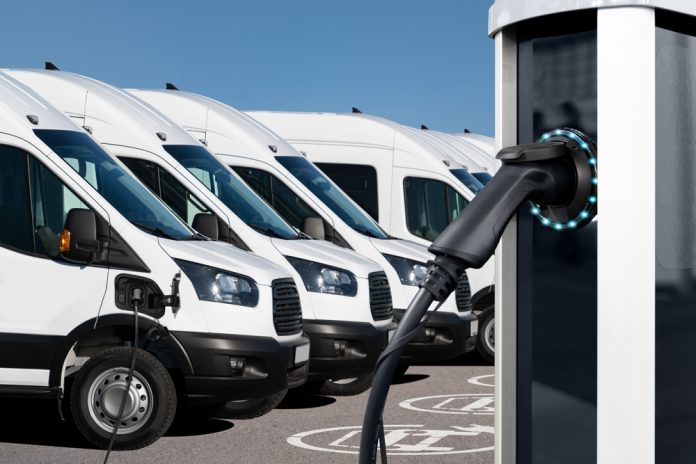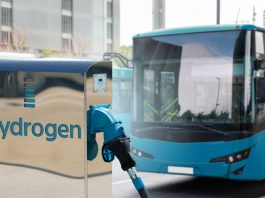The UK government has announced a significant £120 million funding initiative to accelerate the transition to cleaner transport.
This investment aims to support businesses, van drivers, and taxi operators in making the switch to electric vans, wheelchair-accessible vehicles, and taxis, making it easier, cheaper, and faster to adopt zero-emission alternatives.
Commenting on the investment, UK Future of Roads Minister Lilian Greenwood said: “From van drivers and businesses to drivers with accessibility needs, bikers and cabbies, today we are making it easier, faster and cheaper for people to switch to electric vehicles.
“By making the transition to zero emissions a success, we’re helping to drive growth all over the UK, putting more money in people’s pockets and rebuilding Britain to deliver our Plan for Change.”
Plug-In Van Grant extended
Minister Greenwood confirmed the extension of the Plug-in Van Grant for another year, ensuring businesses continue receiving crucial financial support.
Under this scheme, small van buyers (up to 2.5 tonnes) can claim up to £2,500 in grants, while larger van buyers (up to 4.25 tonnes) can receive up to £5,000.
Since its inception, the Plug-in Van Grant has helped sell over 80,000 electric vans, reinforcing the government’s commitment to reducing carbon emissions and supporting businesses in their green transition.
The initiative is expected to encourage even more companies to invest in sustainable vehicle solutions, contributing to a cleaner transport sector.
Easier transition for electric van operators
To remove barriers to businesses adopting electric vans, the government is eliminating the additional training requirements currently imposed only on zero-emission vans.
Unlike petrol and diesel counterparts, electric vans often require extra certification due to their slightly heavier weight.
Removing this bureaucratic hurdle will reduce training costs, simplify hiring processes, and streamline operations for businesses shifting to electric fleets.
Supporting taxi drivers and disabled passengers
Taxi drivers looking to go electric can also benefit from the extended support. A grant of £4,000 is now available for purchasing zero-emission black cabs and other taxi models, making urban transport cleaner and more efficient.
Additionally, the Plug-in Wheelchair Accessible Vehicle Grant cap has been increased from £35,000 to £50,000.
This move ensures a wider selection of vehicle models for disabled passengers, improving accessibility and mobility options.
Boosting the electric vehicle market
The UK’s commitment to electric vehicles (EVs) continues to gain momentum. With over 382,000 electric cars sold in 2024—a 20% increase from the previous year—the shift towards cleaner transport is accelerating.
The affordability of EVs is improving, with one in three used electric cars now priced under £20,000 and over 21 new models available for under £30,000.
Owning an electric vehicle is also becoming more cost-effective, with drivers saving up to £750 annually when primarily charging at home compared to fuelling petrol vehicles.
The government’s retention of zero-emission vehicle (ZEV) incentives in the Company Car Tax regime further strengthens financial benefits for businesses and fleet operators.
Expanding charging infrastructure
Charging accessibility remains a key priority, with over 74,000 public charge points now available across the UK.
Last year alone, nearly 20,000 new chargers were installed, making it easier than ever for EV drivers to recharge their vehicles.
With additional funding of £200m announced in the latest budget and £6bn in private investment expected, the UK’s charging network will continue to grow, ensuring that electric vehicle owners can drive with confidence.
A greener future for UK transport
With continued government backing, expanding charging infrastructure, and increasing affordability, the transition to electric transport is becoming more accessible for businesses and consumers alike.
As the UK pushes forward with its clean energy ambitions, the rise of electric vans and zero-emission vehicles marks a significant step toward a greener and more sustainable future.









